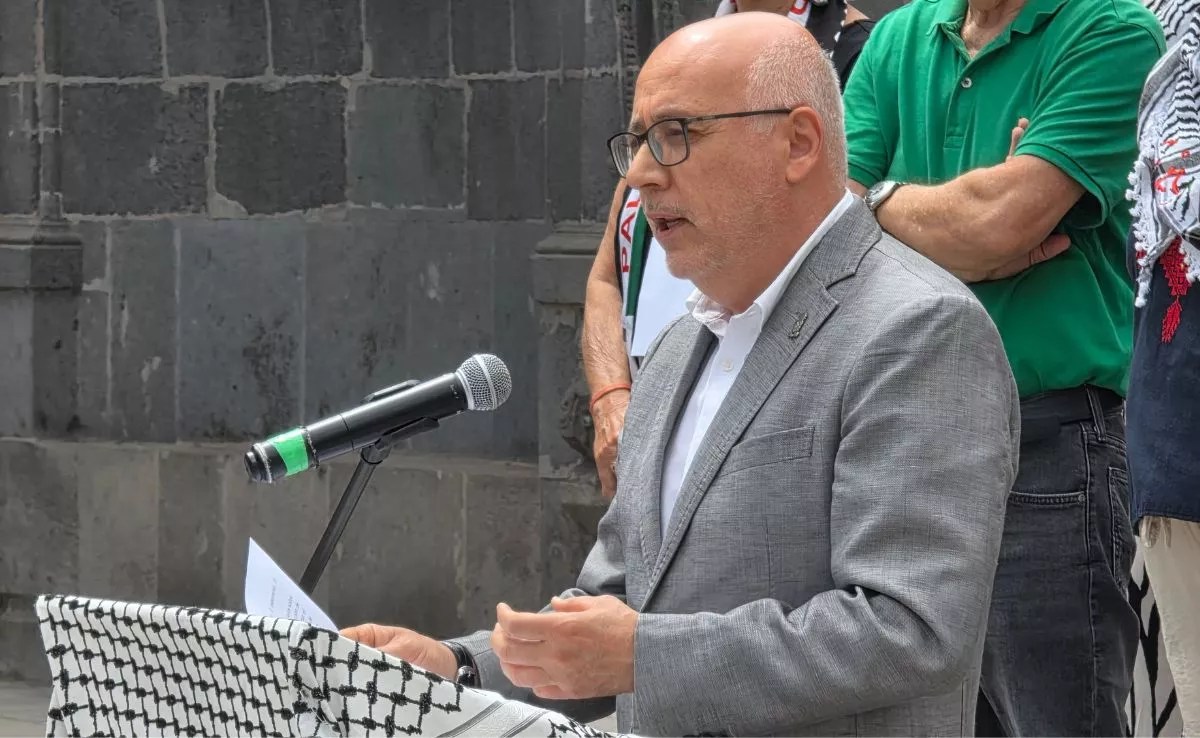Santa Cruz de Tenerife is set to establish the Commerce Roundtable, a new platform for discussion and participation that will be convened in April. The objective is to allow local stakeholders to present the main requirements for revitalizing the commercial activity of the municipality, including the possibility of opening stores every Sunday.
This was announced by Carmen Pérez, CEO of the Development Society, who emphasized that “this will be the inaugural meeting of the new body to gauge the pulse of the involved stakeholders and, among other initiatives, assess the potential for Sunday openings beyond the central area.” This measure, she explained, “will mark a significant milestone for the city and will be part of the Commerce Master Plan, set to be launched this year.”
“We aim to re-energize the capital, with another focal point being the revitalization of the 14 commercial areas across the five districts, for which a specific budget allocation of 400,000 euros has been made,” detailed Pérez.
Additionally, an objective for this year will be to focus on conference tourism (MICE), with the introduction of a virtual office to stimulate and attract such events to Santa Cruz. “This initiative, financed by the Destination Tourism Sustainability Plan, will allow us to work towards differentiating the tourism product offered by the city,” added the counselor.
Other commerce-related initiatives will involve the continuation of window display competitions, as well as the upcoming launch of consumer bonuses, beginning this quarter, especially for businesses on La Rosa Street, impacted by ongoing renovation works.
Furthermore, Carmen Pérez added that “this will also be the year for the advancement of the municipal employment policy,” with the retention of hiring programs (social employment plan and long-term unemployed), and the accreditation of the municipal Training and Employment Center – formerly Tena Artigas school in Miramar – as a collaborating centre of the Canarian Employment Service. This move is associated with the introduction of a new orientation and training service for the unemployed.
“This accreditation marks the end of a four-year effort to secure approved classrooms for employment training courses. Therefore, with the Employment Club and permanent skills classrooms, the city will, for the first time in the 24 years of the Development Society, offer a consistent support service for the unemployed,” she stated.
Regarding entrepreneurship, Pérez highlighted the newly established Santa Cruz Nomad Strategy alongside the coworking business network of the capital; as well as “the launch of a consultative and participative process with the stakeholders of the local employment system, to develop a municipal employment strategy for the city,” she concluded.
















